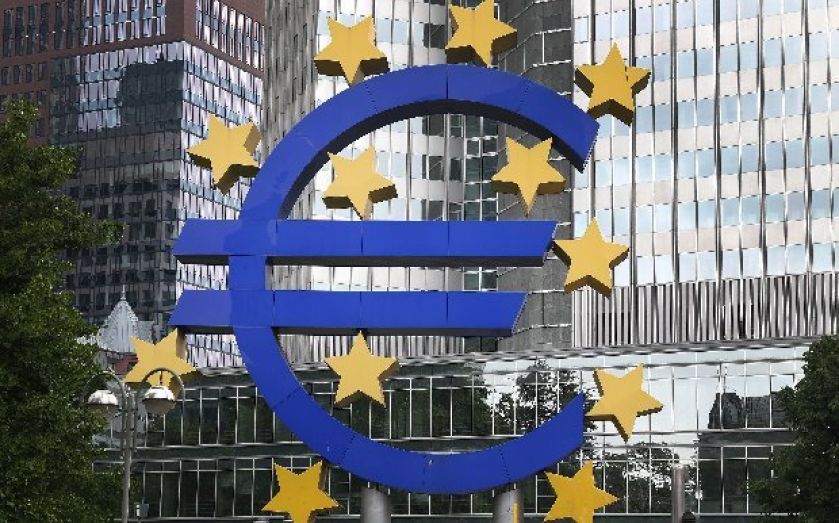Why is the Eurozone recovery starting to lose momentum?

Manufacturing in the Eurozone area eased in June amid signs that the recovery is losing ground.
The latest figures from Markit see June's headline purchasing managers' index (PMI) for the Eurozone dip to a seven-month low of 51.8 from 52.2 in May. Growth of both output and new orders slowed in the last month.
Any number above 50 indicates growth and while only France and Greece signalled outright contractions, June saw manufacturing production expand at the slowest pace since September 2013.
The uneven growth across the 18-country currency union complicates the challenges that policy makers face. But in June, Spain, which recorded a seven year high, and Ireland were the only countries to show an increase from the previous month, as national PMI manufacturing indices slid across the board elsewhere.
Besides uncertainty from geopolitical risks such as Ukraine and Iraq, the slowdown could be "a result of the demand softness in many emerging markets as well as an after-effect of the cold winter on the other side of the Atlantic", according to Christian Schulz, senior economist at Berenberg.
Is the recovery losing steam?
Manufacturing accounts for almost 20 per cent of Eurozone output, so indications that growth may be slowing have sparked analyst concerns. Evelyn Herrmann, European economist at BNP Paribas says that the data "poses questions on the capacity for further growth acceleration in the Eurozone in the second half of 2014."
Encouraging signs of growth gathering momentum in the region's periphery countries recovering from deep recessions are evident, but "the overall picture is a reminder of just how fragile the region's recovery is looking", according to Chris Williamson, chief economist at Markit. “Employment is barely rising in the manufacturing sector as companies worry about waning growth of new orders, which reflects very subdued demand for goods from households and businesses," said Williamson.
In a move to prop up the ailing currency area, European Central Bank (ECB) President Mario Draghi last month introduced a raft of measures aimed at stimulating the economy, including cuts to its refinancing and deposit rates, to 0.15 per cent and -0.1 per cent respectively. While the changes will not have had any influence on June data, the slowing of euro area manufacturing growth in June "suggests ECB needs to do more," according to Williamson.
"The slowdown will put pressure on policymakers at the ECB to do more to prevent the recovery from stalling, and we will no doubt see more calls for full-scale quantitative easing to be implemented", he says.
